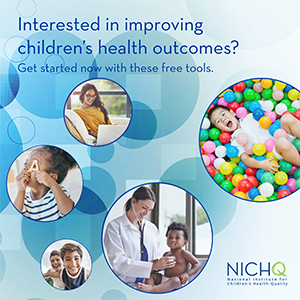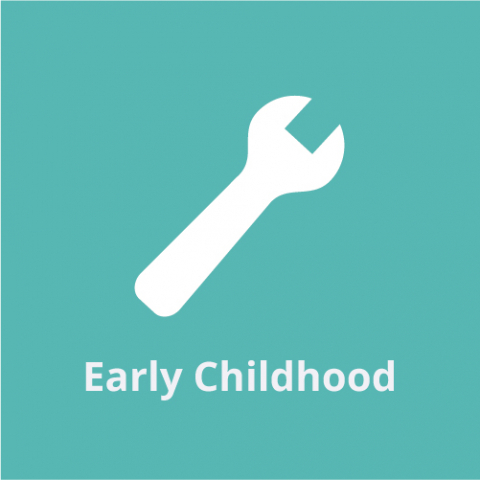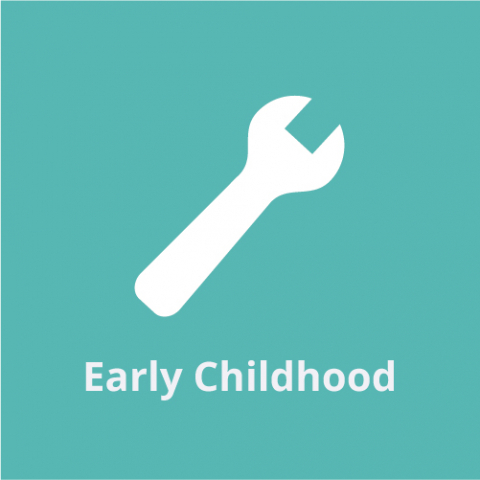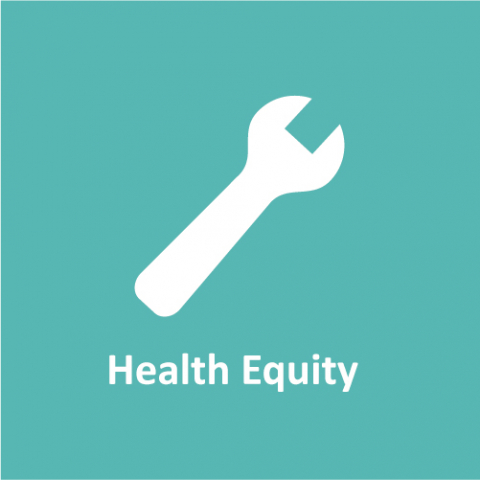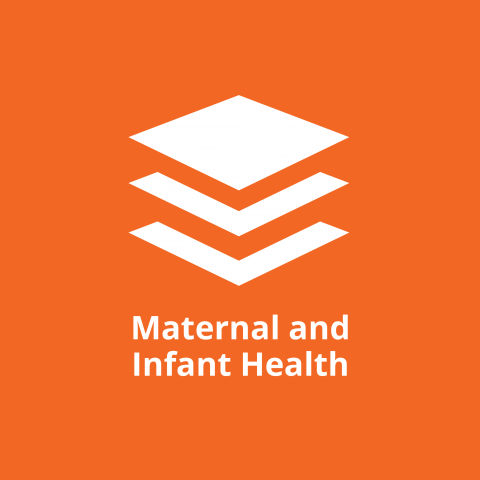ASSESSMENT REPORT | Supporting Healthy Start Performance Project 2021 Annual Assessment Report
NICHQ conducted the 2021 Annual Assessment to understand projects' organizational structures, satisfaction with the TASC, programmatic needs, progress toward benchmarks and key objectives, data capacity, and progress towards sustainability. Like the Needs Assessment from 2019 and the 2020 Annual Assessment, this year’s Annual Assessment sought to identify salient programmatic activities for the TASC. In this report, we describe the Annual Assessment’s methods and results, synthesize findings, and describe next steps for the TASC.

